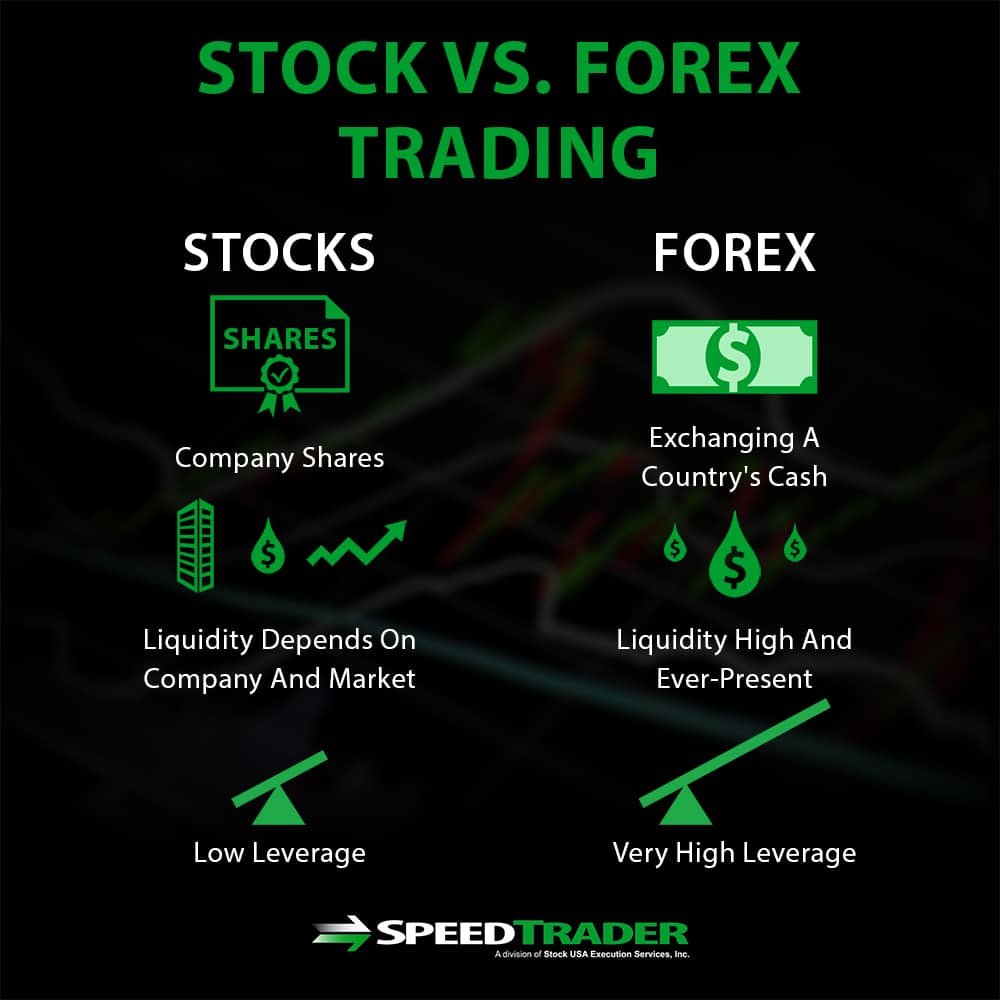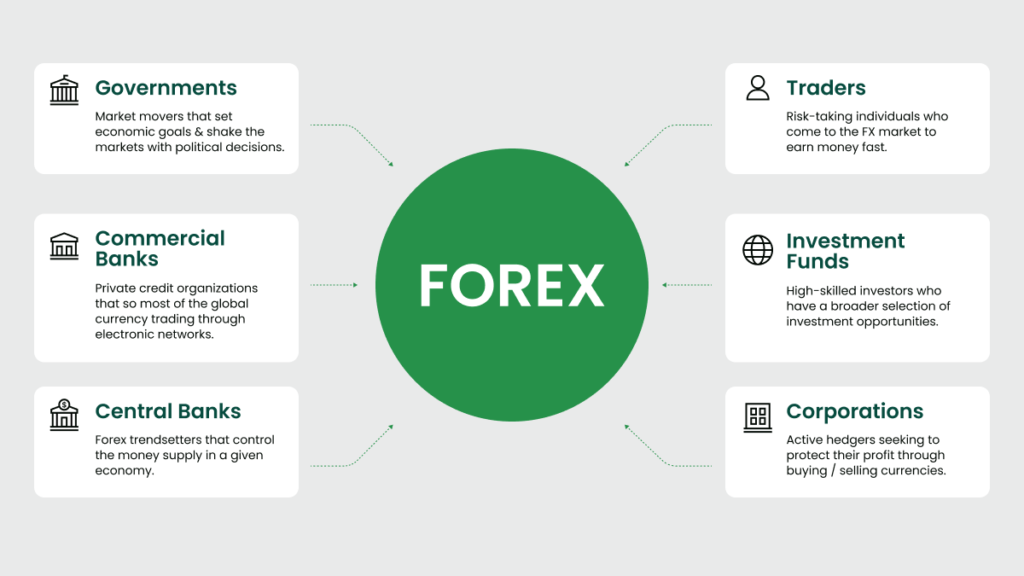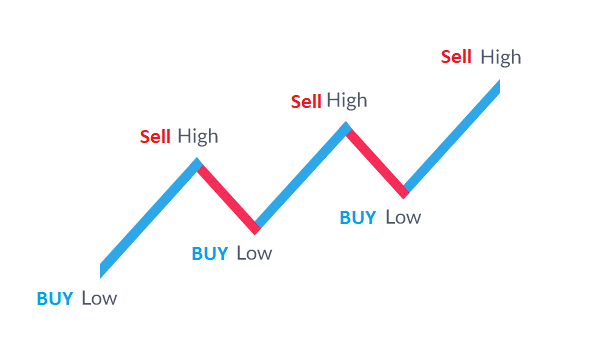What is forex trading

What is Forex Trading?
Introduction
Forex trading, also known as foreign exchange trading, is the process of buying and selling currencies on the foreign exchange market. It is the largest and most liquid financial market in the world, with an average daily trading volume of over $5 trillion. Forex trading allows individuals, institutions, and corporations to speculate on the fluctuations in currency prices and make profits based on these movements.
This financial landscape operates 24 hours a day, five days a week, making it one of the most liquid and accessible markets globally.
How Does Forex Trading Work?

Forex trading involves the simultaneous buying of one currency and selling of another. Currencies are traded in pairs, such as EUR/USD or GBP/JPY. The first currency in the pair is called the base currency, and the second currency is called the quote currency. The exchange rate represents the value of the base currency in terms of the quote currency.
Forex traders can profit from both rising and falling currency prices. If a trader believes that the value of the base currency will increase, they would buy the currency pair. On the other hand, if they believe the value will decrease, they would sell the currency pair. The difference between the buying and selling price is the profit or loss made by the trader.
Who Participates in Forex Trading?
Forex trading is accessible to individuals, institutions, and corporations. Individual traders can participate through online platforms offered by brokers. Institutions and corporations, such as banks and multinational companies, engage in forex trading to manage their international transactions and mitigate currency risks.
Advantages of Forex Trading
One of the key advantages of forex trading is its high liquidity. The forex market is open 24 hours a day, five days a week, allowing traders to enter or exit positions at any time. Additionally, the market is highly volatile, providing ample opportunities for profit. Forex trading also offers leverage, which allows traders to control larger positions with a smaller amount of capital.
Risks of Forex Trading
While forex trading can be highly profitable, it also carries significant risks. The volatile nature of the market can result in substantial losses if not managed properly. Traders need to develop effective risk management strategies and use stop-loss orders to limit potential losses. It is also important to stay updated on global economic and political events that can impact currency prices.
Market Participants:
Banks and Financial Institutions:
- Central banks and commercial banks engage in forex to manage currency reserves and facilitate international trade.
Corporations:
- Companies involved in international business use forex to hedge against currency risk when dealing with different currencies.
Investors:
- Individual investors, including retail traders, participate for speculative purposes, aiming to profit from currency price movements.
Key Forex Concepts:

Leverage:
- Forex trading often involves the use of leverage, allowing traders to control a larger position with a relatively small amount of capital. While leverage magnifies profits, it also increases the risk of substantial losses.
Pips and Lots:
- Price movements in forex are measured in pips, which represent the smallest price change. Lots refer to the size of a trade, with standard lots being significant in size, and mini or micro lots allowing for smaller position sizes.
Bid and Ask Prices:
- The bid price is the maximum price that a buyer is willing to pay, while the ask price is the minimum price at which a seller is willing to sell. The difference between these two is known as the spread.
Market Analysis:
Technical Analysis:
- Traders use historical price charts and technical indicators to analyze past price movements, identify trends, and make predictions about future price movements.
Fundamental Analysis:
- Examining economic indicators, interest rates, and geopolitical events to forecast currency movements based on economic factors.
Risks and Rewards: Forex trading offers significant potential for profit, but it is not without risks. Market volatility, geopolitical events, and economic data releases can all influence currency prices. Traders need a solid understanding of risk management strategies to protect their capital.
Conclusion
Forex trading is a popular and accessible way to participate in the global financial markets. It offers opportunities for profit through the buying and selling of currencies. However, it is crucial for traders to educate themselves, develop a trading plan, and manage their risks effectively. With proper knowledge and risk management, forex trading can be a rewarding endeavor.

Leave a Reply